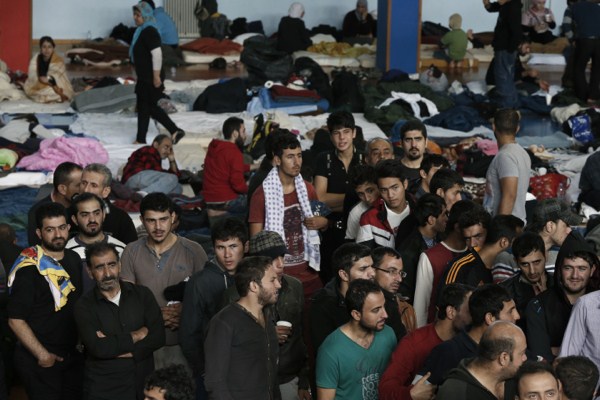European decision-makers are accustomed to appearing weak. Their collective economic, political and military weight has plummeted in recent years. But they like to think that they retain moral authority. Europe’s governments claim to be virtuous on a wide range of issues. The United Kingdom and the Nordic countries are committed to international aid. Germany is standing up for personal privacy in the wake of the Edward Snowden leaks. France has shrugged off accusations of neocolonialism to intervene in benighted ex-colonies such as the Central African Republic (CAR). Europe may not be a great power, but it wants to do the right thing.
Tell that to the 160,000 or more illegal African and Middle Eastern migrants who have tried to reach Europe over the past year, often paying traffickers large sums for places in rickety boats. Over 3,000 have died in one of the worst humanitarian crises of 2014, one that is in some ways more depressing than the deadlier Ebola outbreak in West Africa. Ebola was a freakish shock to the international system, even if it was badly handled by international medical authorities. The crisis in the Mediterranean, by contrast, is rooted in Europe’s failure to manage strategic threats in its back yard.
The migrants risking their lives to get to Europe, and ending up in overstretched Italian or Greek holding centers if they make it, have not come out of nowhere. Many are refugees from the wars plaguing North Africa and the Middle East, including those in Syria, Libya, Mali and Somalia. Not all those risking their lives are fleeing active conflicts: Significant numbers hail from countries like Eritrea and Gambia. But the overall violence in the region that makes up Europe’s near abroad is driving up the numbers.

